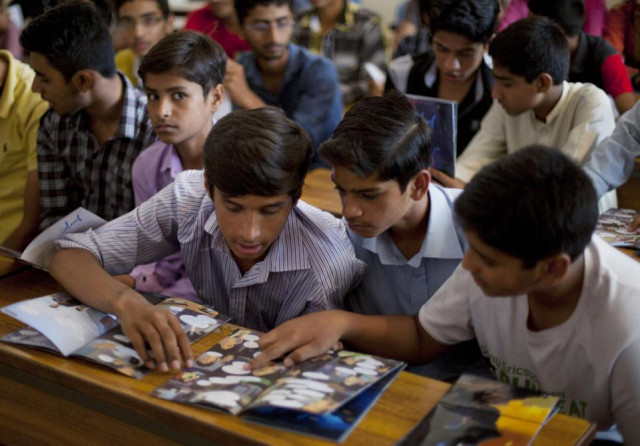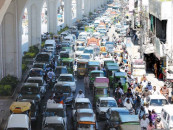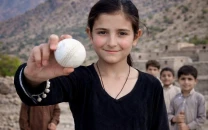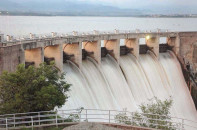Fighting extremism: ‘Purge curriculum of biases, hate material’
State urged to invest in social sciences

State urged to invest in social sciences.
Photo: AP
They have also urged the state to invest in social sciences to nurture an inclusive narrative in the country.
They were speaking at the launch of a report titled “Promoting Inclusive and Tolerant Educational Narratives”. The report is based on the findings of a two-day workshop conducted by the Pak Institute for Peace Studies (PIPS) for 101 university and college teachers mostly of Islamic Studies and Arabic departments from across the country.
The study talks about how the educated people have been radicalised over the years with some highly-educated people carrying out terror attacks.
The study noted that instead of promoting stereotypes, the curriculum should highlight commonalities of all religions.
Academic and educationist Fateh Muhammad Malik argued called for inculcating knowledge that bridges religious and literary education. He asked if the cabinet of Muhammad Ali Jinnah ever had any portfolio of religious affairs.
“Some of the highly-educated radicals are often from applied sciences background and this by itself owes to how state alienated social sciences,” he said.
Malik said that military regimes did not promote subjects like logic and philosophy because their students would end up questioning the regimes themselves.
Columnist Khursheed Nadeem seconded his thoughts and said that social sciences have deliberately been ignored at the cost of natural sciences.
The speakers highlighted that as pluralistic spaces shrink, teachers need to learn how to engage with a diverse set of students.
Former chairman of the Council of Islamic Ideology Khalid Masud called for promoting universal values instead of narrow identities which divide people.
Christian Study Centre acting director Jennifer Jag Jivan called for a curriculum inclusive of non-Muslims as well.
The study has also urged teachers to encourage critical thinking in classrooms so that students could ask questions about the world around them.
While sharing the study, PIPS research analyst Safdar Sial argued that these teachers were chosen because they also steer and influence the discourse of subjects like Pakistan Studies, history, and social sciences – subjects often singled out for biases against minorities.
The study noted that how education could be invoked as a key component to counter violent extremism.
The study also talks about how educated people have been radicalised over the years, with some incidents of highly-educated people carrying out terror attacks.
Published in The Express Tribune, August 26th, 2016.



















COMMENTS
Comments are moderated and generally will be posted if they are on-topic and not abusive.
For more information, please see our Comments FAQ